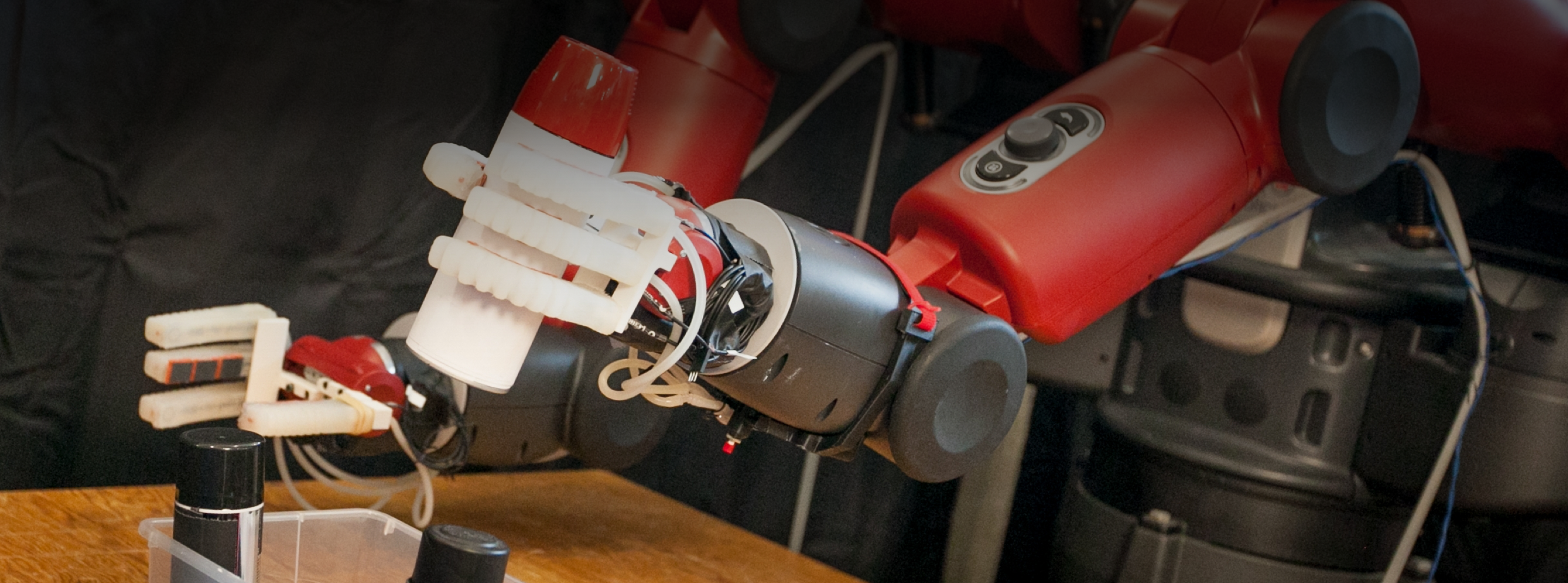Written by Matthew Busekroos | Produced by Nate Caldwell
Andi Peng is a fourth year PhD student at MIT’s Computer Science and Artificial Intelligence Laboratory. Peng grew up all over, but graduated from high school in Cleveland, Ohio before making her journey east. Prior to studying at CSAIL, Peng studied at Yale University where she earned a B.A. in Global Affairs and a B.S. in Cognitive Science.
After Yale, Peng spent a year working in tech policy at the White House. While in D.C., Peng said it seemed clear to her that if she wanted to lend her voice as an expert on matters of AI and technology governance and its impact in the future, it was important to become a technical expert. From there, she applied to PhD programs and ended up at MIT. Peng was initially drawn to MIT given its esteemed reputation with a broad set of faculty that would be able to support her interests. Peng also spent summers at the Boston Dynamics AI Institute, MIT - IBM Watson AI Lab, Facebook AI Research (FAIR), and two years as an AI Resident at Microsoft Research.
Peng now works alongside Professors Jacob Andreas and Julie Shah in the Embodied Intelligence Group. The Embodied Intelligence Group is comprised of the vision, language, robotics, and general decision-making groups within the lab. Their goal is to understand the nature of intelligent behavior in the physical world, through the study of human intelligence and the design and implementation of intelligent robots. They bring expertise in perception, sensing, language, learning and planning, and have the objective of integrating the se disciplines to make physical agents with human-like intelligence. “It’s been really wonderful getting the chance to be embedded in such a diverse, creative community of faculty and students,” Peng said. Peng’s research generally focuses on deriving algorithms for learning from human feedback, whether that be in the form of querying for human data directly by asking them or by leveraging existing priors such as language models for representing human preferences. She said she is excited by the opportunities opened up by recent trends in pre-trained models for better capturing large, diverse preferences from humans and being able to better build robots and algorithms that learn from them. “Ultimately, we as researchers are building technology for human users—therefore, it’s incredibly important to capture the desired outcomes and behaviors that end users want,” Peng said. “I believe that regardless of how smart your AI gets in the future, there will always be an adjustment period where it needs to learn to adapt to its specific user’s preferences—therefore, it’s important to always center the end user in the formulation of the learning framework. Whether in language, vision, or robotics, this type of work will be important for ensuring that the agents we build are actually doing what people in the world want them to be doing.” Following her time at MIT, Peng said she likes being embedded in free, creative spaces. In the future, she said she would love to be able to run her own research group and teach students, whether that be through being faculty or industry collaboration. For more information on Andi Peng and her projects, check out her website: https://andipeng.com.

